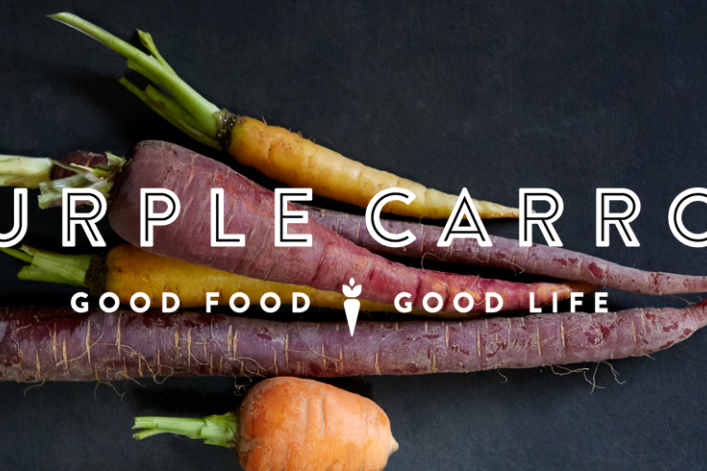Is Mark Bittman's new meal service, The Purple Carrot, worth the cash?

Price: $68 for a two-person plan that provides three meals per week; $74 for a four-person plan that provides two meals per week
The lowdown: Back in November, cookbook author and longtime New York Times food writer Mark Bittman made waves with the news that he was leaving his post at the paper to join The Purple Carrot, a vegan boxed-meal startup along the lines of Blue Apron, Plated, and a variety of other services we reviewed earlier this year. The food was to be sourced and packaged sustainably, and Bittman—himself a proponent of the "vegan before 6 pm" method of eating—would take charge of recipe development, as Fast Company reported at the time. The idea is to provide pre-measured ingredients to teach subscribers how to cook tasty, healthy vegan meals in 45 minutes or less.

The experience: Suffice it to say the Purple Carrot is well intentioned, but very much still a work in progress. (Indeed, Bittman has already written a post since the launch with the headline, "This is Gonna be Harder Than I Thought.") The site interface is easy to use, and like other make-your-own-meal delivery services, they put the recipes on large, photo-filled cards you can prop up on the counter for reference while you chop. However, this isn't a service for total beginners; the recipes tend to assume you've got relatively advanced kitchen equipment on hand (like a food processor), and often leave you to make your own assumptions about, say, what kind of chop you should give certain vegetables. On top of that, I found myself using every pot and pan in the house as well as the entirety of my counter space, not always an option for cooks using small New York kitchens. (If I lived with roommates, I could see it causing contention.)
As with many recipes, the time estimates also tended to be a touch optimistic—most notably their claim that a batch of from-scratch latkes would take 40 minutes, start to finish. (In practice, it took closer to an hour.) And while the recipes err on the side of being a touch too carb-heavy—as is often the case with vegan meals—they did give me ideas I'll be adding to my at-home cooking arsenal in the future (most notably a delicious "chutney" of apples, pistachios, lemon juice, and scallions). Plus, given that I live in Bed-Stuy—where carefully-sourced organic produce isn't readily available—it's nice to have the peace of mind that comes with knowing my meal was high-quality and ethically produced, without having to go out and track down all these extra-special ingredients myself.
Surprisingly, though, the biggest issue was with the recipes themselves: In a tofu larb (a minced "meat" salad of sorts) as well as a lentils-and-rice recipe, it seemed as though the seasonings had been significantly miscalculated (past the point of just being a "to taste" issue), with heavy doses of hot sauce and plum sauce from my own kitchen brought in as necessary reinforcements. The meals were filling and generally enjoyable once I'd doctored them to my liking, but I came away from them with the distinct impression that the company's recipe-testing process has a lot of wrinkles yet to be smoothed out.
Bottom line: Purple Carrot is still a solid option for anyone interested in vegan meals beyond the usual rice-and-beans or peanut butter sandwich rut, and I suspect it'll improve significantly with time. As long as you're willing to to go in with an open mind and creatively tweak the recipes as necessary, go for it.
Number of stars (out of 5): ***
Related:
Blue Apron, Plated, Quinciple, Munchery: Which Meal-Kit Service is Right for You?
Attack of the munchies: 6 snack delivery services put to the test






















